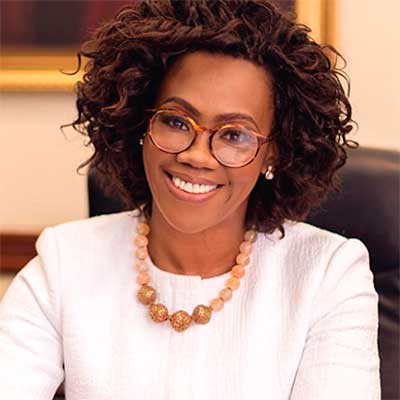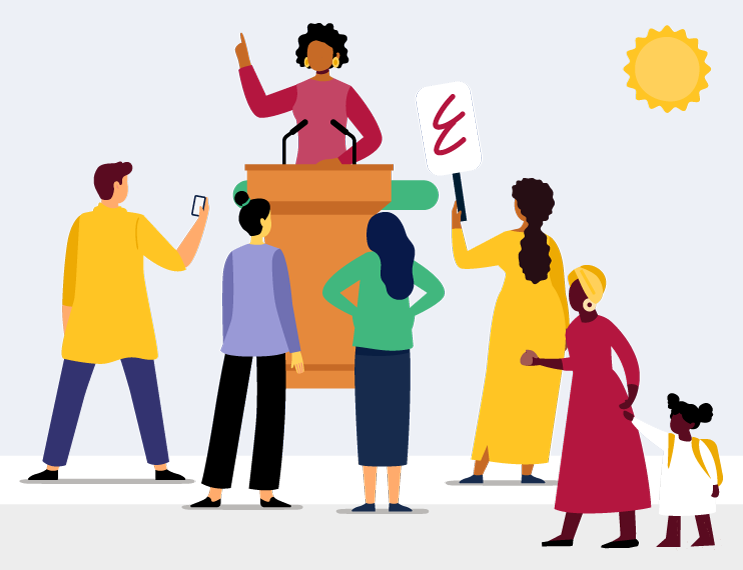Relevant discourse
At the UN Assembly in July 2021, regarding the creation of a Permanent Forum on People of African Descent, Campbell said: “ We need actions and not words, so that Africans and Afro-descendants are beneficiaries of inclusive human development. Actions must change the living conditions and give certainty to black children born today that they will be able to walk around without being subject to racial profiling or police brutality.
Although efforts have been made in different regions of the world, we have not yet guaranteed the exercise of economic, social, cultural, civil and political rights of Afro-descendants, as well as their full and effective participation in all areas. It is crucial to guarantee that new perspectives and new normative frameworks have the active participation of Afro descendent peoples in all processes. It is also urgent to confront the legacy of the past and to offer reparations. The distribution of economic resources for Afro-descendant communities is required, as there are no public policy actions that are not coupled with money.”
Leadership experience
Those who live in a society like Latin America will understand that [as Afro-descendants] discrimination is a characteristic and a reality that we try to overcome. However, any particular experience that I have had has served to strengthen my debate and democratic political discourse.
It’s about overcoming these experiences and placing proposals next to the realities that have to be overcome. I have understood that the Costa Rican population, just like the Latin American population, understands more and more that the impact of racism, sexism and discrimination, not only has unacceptable human costs, but also an economic cost. The economic growth of our societies would be much greater if women participate in equal conditions or if Afro-descendant peoples are also participating, so there is an economic cost of discrimination in addition to unacceptable human costs.



